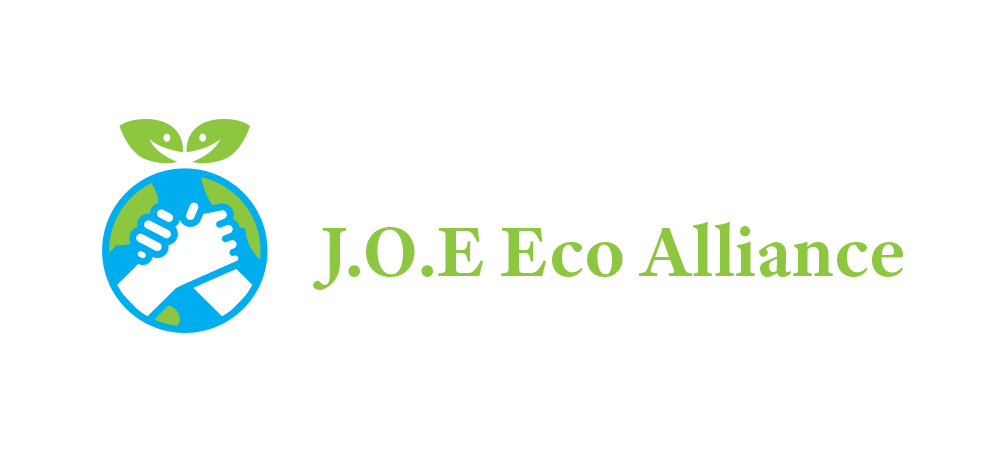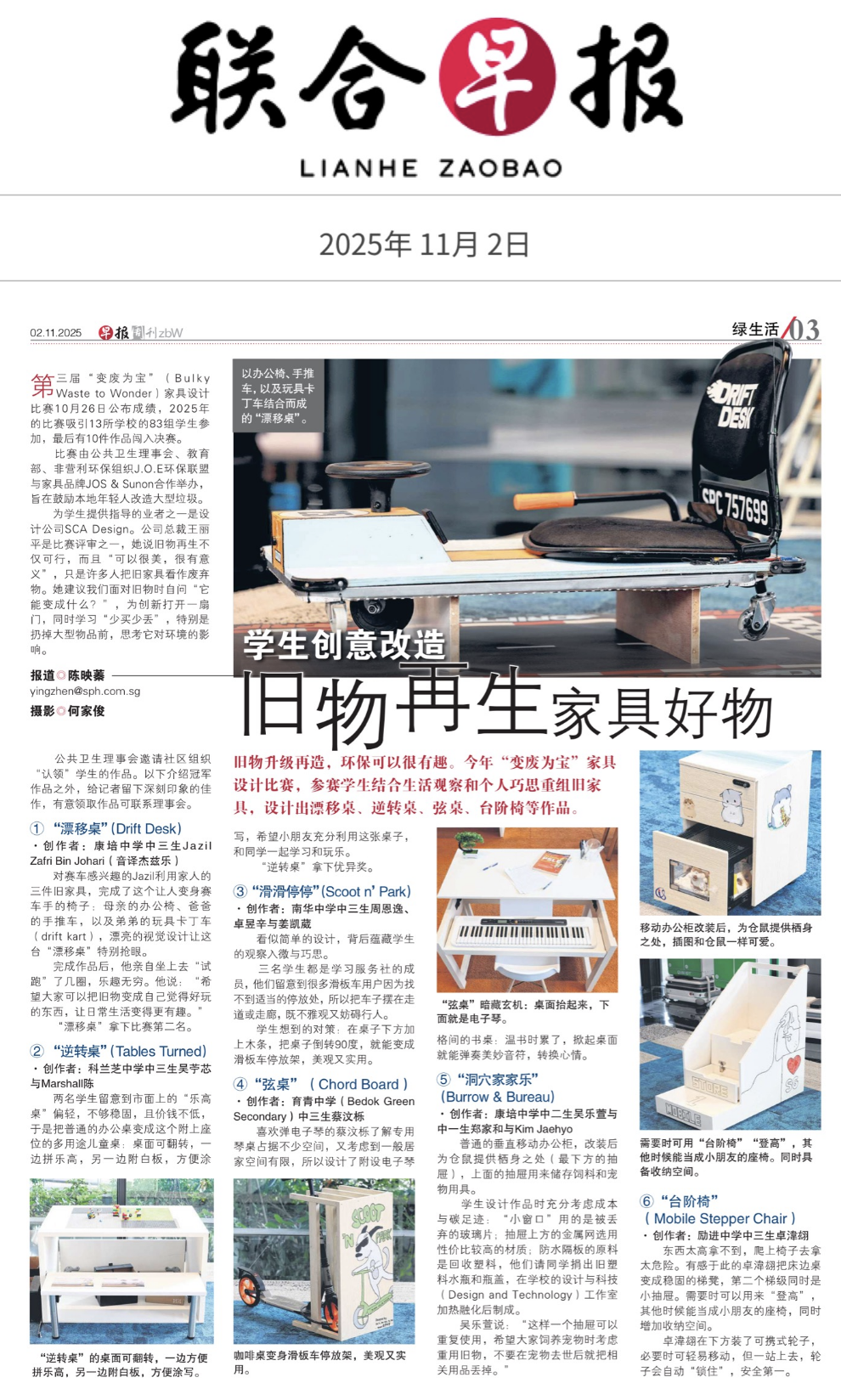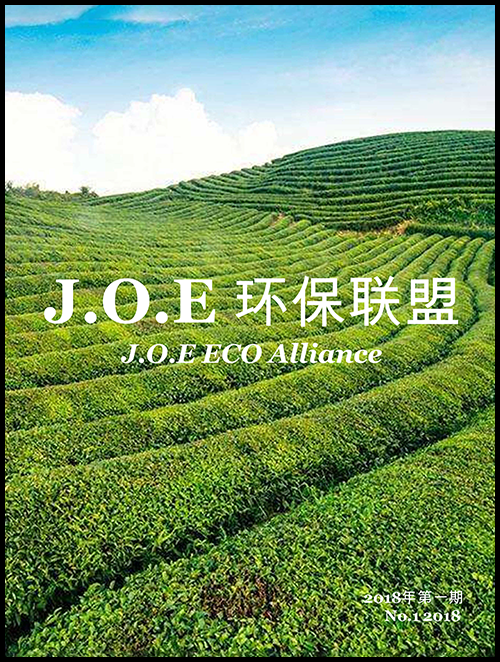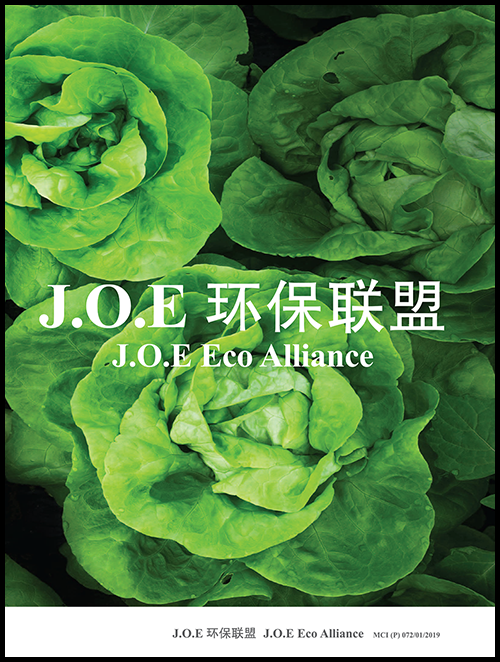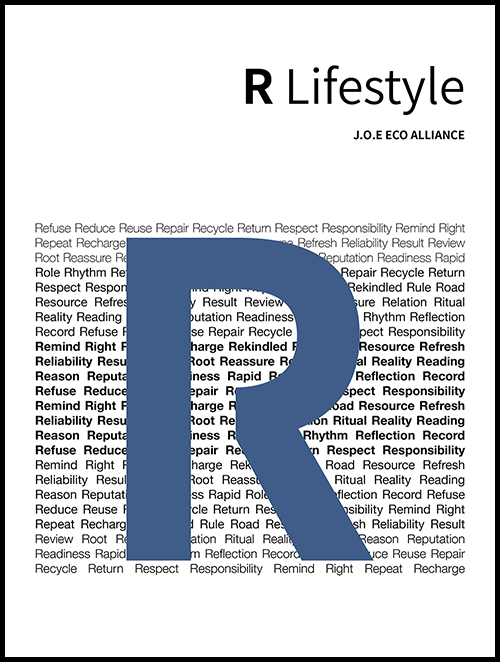School of Management and Communication Team Won 2 Awards at Samsung’s Solve for Tomorrow Competition 2020
将厨余制成环保的皮革替代品,谁又能想到,这是两名完全没有科学经验的理工学院学生做成的项目呢?
来自共和理工学院通讯与管理系三年级的黄淑慧(23岁)和王凯琳(18岁)抱着打造一个更环保的可持续未来心态,将原本会丢弃的发酵茶渣副产品通过生物材料工程处理,制成对环境没有负面影响的纯素皮革(vegan leather),可做成钱包和衣服等生活用品。
这一尝试获得今年由三星举办的“Solve for Tomorrow”比赛中学以上组别首奖。这项比赛旨在鼓励青年通过创造性的科学手段,改善在地社会存在的问题。
纯素皮革也叫植物皮革,指的是不含任何动物成分或足迹的皮革。传统的牛皮等动物皮革加工大量使用化学物,不仅耗水还污染环境。而作为真皮替代品的人造皮革虽是纯素皮革的一种,但须要上百年才能分解,且生产过程使用石油,制造的碳排放会加剧温室效应。
收集发酵茶厨余做实验
厨余是我国三大垃圾源头之一,光是去年就产生了74万4000吨食物垃圾,但仅有18%得以循环利用。黄淑慧和王凯琳日前通过视讯受访时介绍,去年9月开始构思项目,主修消费者行为和研究学的两人通过做消费者调查,发现公众对亲环境型产品有更高需求。尽管专业不对口,又是科研零基础,但完全没有动摇两人的决心,将勤补拙。她们一边大量阅读相关资料,一边向本地企业收集发酵茶的厨余开始实验。
王凯琳说:“开始的100次都失败,又遇上冠病阻断措施,我的睡房就变成实验室,放满瓶瓶罐罐,不断改进方式,最终找到合适方法将发酵茶中的纤维通过三到四周的处理和脱水,提炼成深褐色的材质,质感和皮革无异。”
两人总结,产品的三大特点是耐用、不破坏生态平衡,材料来源符合道德标准,碳排放也比其他皮革少。
项目的成功获得包括个人成长所带来的喜悦。负责对外联络的黄淑慧认为,这段经历促使她走出自己的舒适圈。“为了找公司给我们做产品验证,我硬着头皮给素未谋面的商家打电话,在社交场合展示我们的产品。开始很害怕,但渐渐‘逼着’我成为更自信的人。”
王凯琳也在研发过程中愈发了解畜牧业对环境造成的危害,原本爱好肉食的她最近变成素食者。“以前的我挺懒的,但自从开始研发纯素皮革,我很积极去上各种相关网络课程,看到的世界和过去也就不一样了。”
她们希望能到大学主修商业,之后把纯素皮革打造成事业,为我国的循环经济尽一分力。
Spurred by their passion for sustainability, Ong Kai Lin and Wong Sok Wei came up with their winning idea to produce environmentally friendly leather from fermented tea waste.Environmental factors such as air pollution and heatwaves exacerbated by climate change contribute to around 13% of all deaths in Europe, the European Environment Agency (EEA) said on Tuesday.
Team Suskin, comprising of third-year students from the School of Management and Communication, Wong Sok Wei and Ong Kai Lin, bagged two awards at the Samsung’s Solve for Tomorrow competition. The duo from Diploma in Consumer Behaviour & Research are winners of the Grand Prize Champion and People’s Choice Award.
Solve for Tomorrow is Samsung’s global contest, designed to boost interest and proficiency in Science, Technology, Engineering, and Math (STEM). The competition challenges youth, from polytechnics and junior colleges, to demonstrate how STEM technological solutions can help improve their local community and impact their surroundings.
Mentored by lecturer, Ms Amanda Cheok, Team Suskin presented its innovative idea of offering high quality sustainable leather. With their own recipe and processes, the team took waste materials from fermented tea and converted it into leather — one that is ethically sourced, durable, and produces less carbon footprint.
The panel of judges were impressed with their innovative idea and presentation. One of the judges, Mr Richard Koh, Chief Technology of Microsoft Singapore commented, “I learned a lot from the both of you about sustainability and the environment. I have a friend in San Francisco who produces leather bags. I want to connect you both”.
Spurred by their passion for sustainability, the team believes that, “together, we can change the world — one sustainable product at a time”.
Source: Zaobao / Republic Polytechnic
